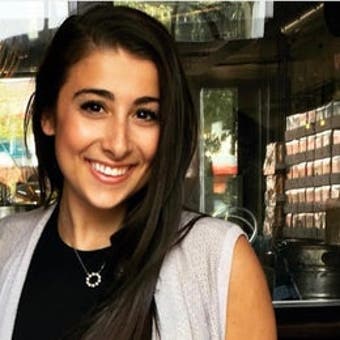Kristin Smart prosecutors have a decent case without a body: Attorney
Criminal defense attorney Mark Eiglarsh analyzes the Kristin Smart murder case and explains what may happen as the trial resumes.
The California trial for the men accused in connection with college student Kristin Smart’s disappearance and presumed death returned to a Monterey County courtroom on Monday after nearly a week hiatus.
Jurors on Monday heard from forensic DNA analyst Angela Butler, who first took the stand last week before court went dark. Butler has spent over 20 years in her role and later began focusing her workload on "the most complicated cases submitted to the lab — usually cold cases," she said, according to reports from inside the courtroom.
Smart was a 19-year-old college student at California Polytechnic State University in 1996 when she vanished after an off-campus party, investigators said. More than 26 years later, Paul Flores — the man who was last seen with Smart — and his father are standing trial on charges related to her presumed death.
Flores, now 45, has been charged with Smart’s murder. Ruben Flores, his 81-year-old father, was charged with acting as an accessory after the fact.
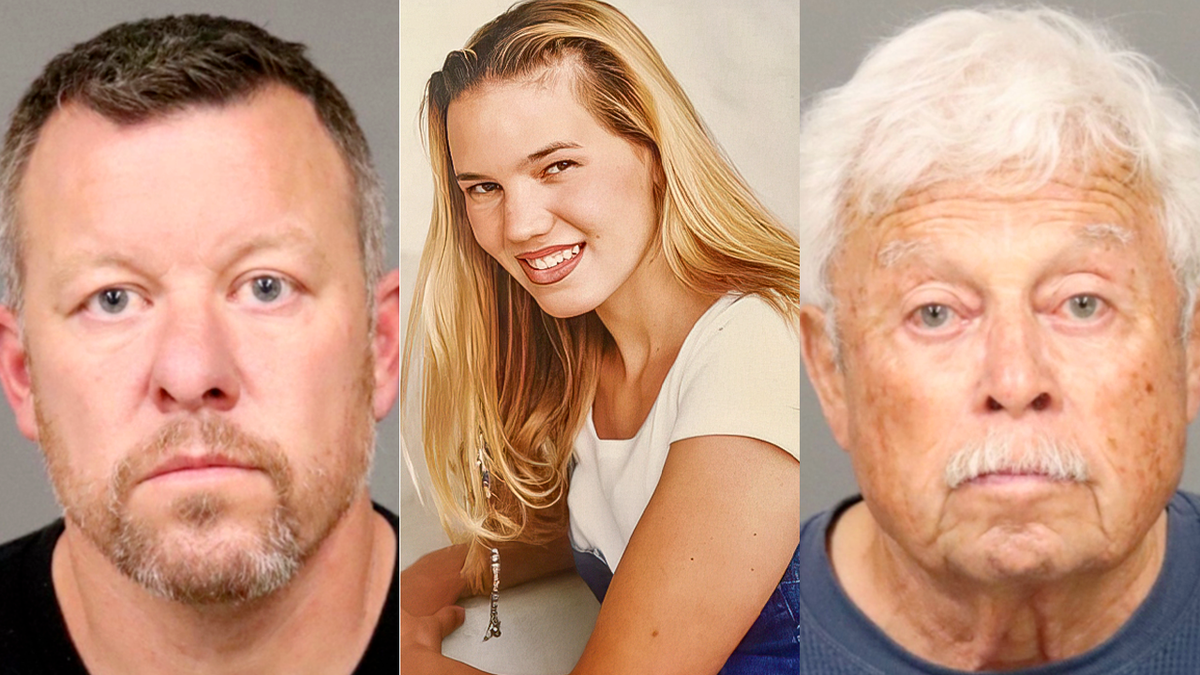
This undated photo released by the FBI shows Kristin Smart, the California Polytechnic State University, San Luis Obispo student who disappeared in 1996. (FBI via AP, File)
The proceedings are not being televised or live-streamed, pursuant to a judge’s ruling. A handful of journalists — including local news station KSBY-TV and the person behind the "Your Own Backyard" (YOB) Podcast, who is credited with renewing interest in the case — have been reporting from inside the courtroom amid the media limitations.
Butler tests evidence and items recovered over the course of criminal investigations for any signs of blood, bodily fluids, saliva, semen, or feces, among other things, she testified. Her examination results are then checked by a second person. She told the court she has performed "thousands" of tests and handed "hundreds of cases over 20 years," according to the YOB Podcast.
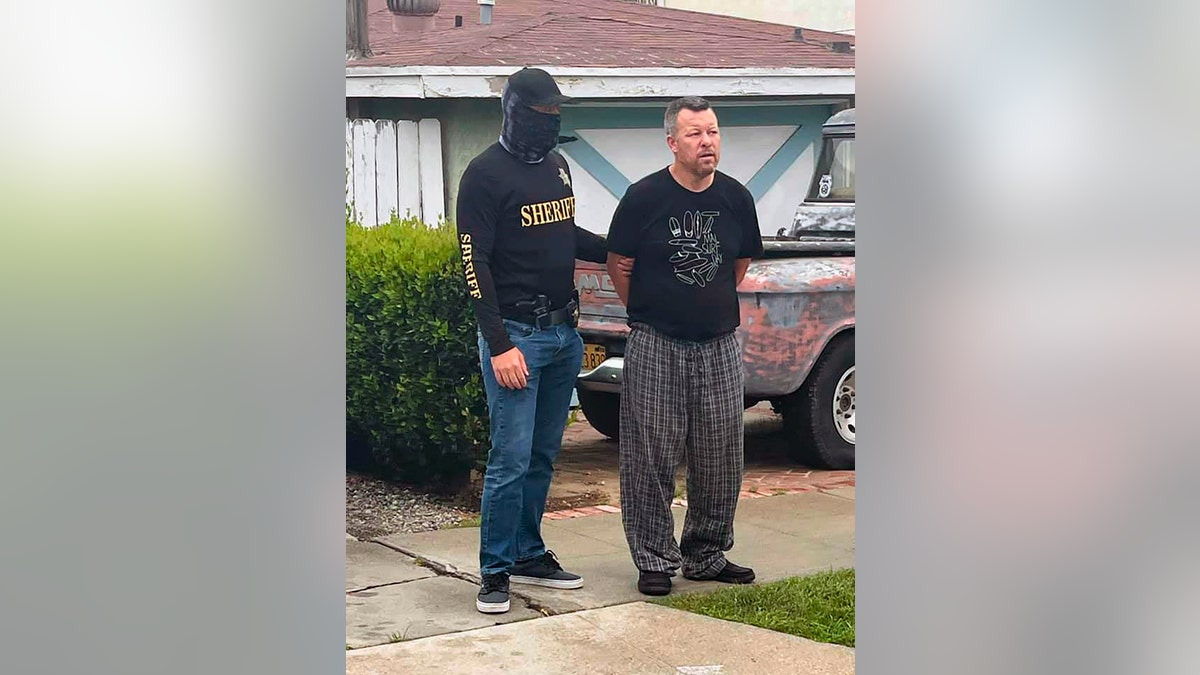
This Tuesday, April 13, 2021, file photo provided by the San Luis Obispo County Sheriff's Office shows suspect Paul Flores who was taken into custody in the San Pedro area of Los Angeles for the murder of Kristin Smart. (San Luis Obispo County Sheriff's Office via AP)
In the Smart case, she conducted HemDirect tests, which she reportedly described as being "a test that detects hemoglobin — a protein found in blood that gives it its red pigment. It specifically reacts to human hemoglobin and higher primates. It cannot differentiate."
She acknowledged on the stand that the specific tests can show a false positive when encountering ferret blood, prompting some jurors to react by looking at each other, YOB Podcast reported.
The podcast maker described jurors as taking notes regarding portions of Butler’s testimony, and reacting to things she said at times.
KRISTIN SMART TRIAL: WITNESS SAYS MURDER SUSPECT PAUL FLORES CALLED MISSING WOMAN A 'B----'
The HemDirect test, Butler said, "looks like a covid test or a pregnancy test."
"There is a very thin membrane on a cassette, with a control band and a test line window. If you see a second line, that is a positive result," she said, according to the report.
Butler reportedly said she tested evidence including soil samples, including one that had "fibers embedded in them."
She tested one of the samples, which she called the "deeper soil sample," and got one negative result, three positive results and two weak positive results, according to the report.
"I’ve confirmed the presence of human blood on all of these samples except the one," she reportedly told the court.
EXAMINING CALIFORNIA'S KRISTIN SMART TRIAL: THE ANATOMY OF A CASE WITH NO BODY
But there was reportedly no DNA present in any of the soil samples, she reportedly said.
"DNA degrades over time," she explained, when asked by DNA might not be present. "There are also inhibitors in soil that degrade DNA, like bacteria and microbes. Bacteria and DNA do not get along."
She later tested four more soil samples from under Ruben Flores’ deck, and not only found more fibers, but received two positive results and two weak positives, YOB Podcast reported.
She told the court she sent the fibers back to detectives investigating the case.
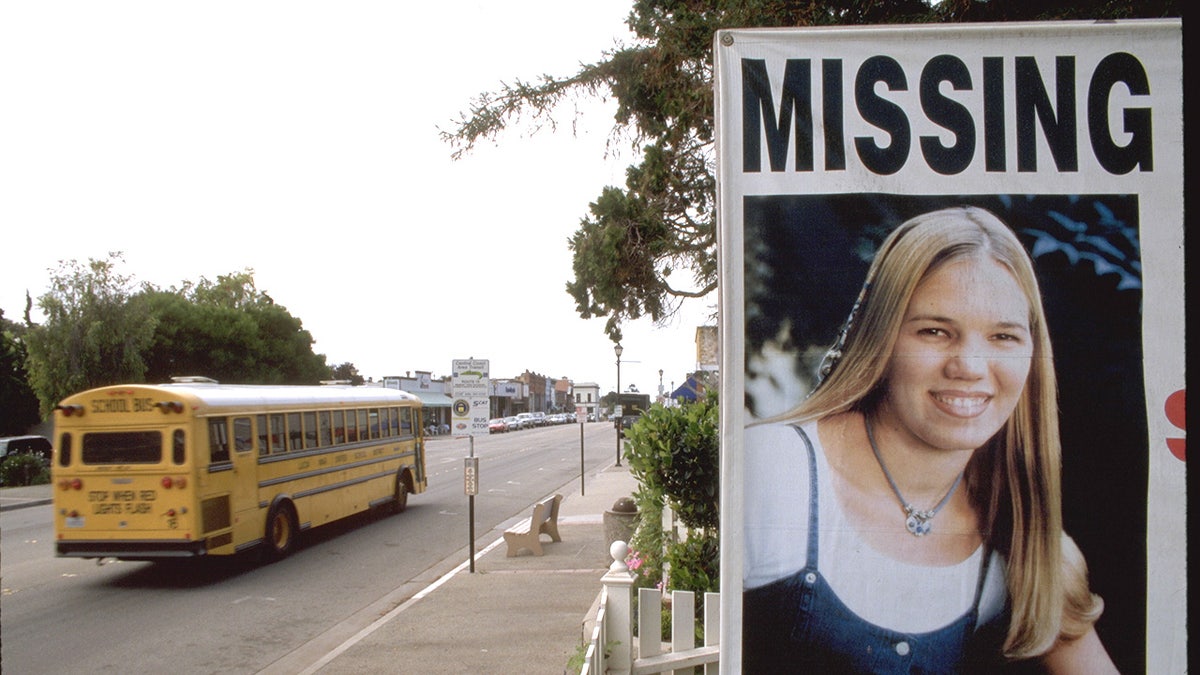
Kristin Smart went missing on May 25, 1996 while attending California Polytechnic State University, San Luis Obispo and has not been heard from since. (Photo by Axel Koester/Sygma via Getty Images)
Butler testified that she later conducted more tests, on a piece of plywood and a mattress cover. The plywood yielded negative tests for blood except for a spot that was "less than the size of a dime," YOB Podcast reported. It yielded a DNA match, but not for Kristin Smart or either of the Flores suspects.
As for the mattress, Butler said she saw "a very small brownish stain," which "gave a weak-positive presumptive result for blood."
"I made the determination to go straight to DNA extraction, and I was able to find a DNA mixture," she reportedly testified. "It was a very low-level degraded sample. Kristin Smart and Paul Flores could neither be included or excluded as contributors."
Further tests conducted with software showed the sample had "a 3-person DNA mixture, with at least one male contributor," Butler said, according to the podcast tweets.
In July, she ran 11 tests on four different items — three of which tested negative and eight tested positive for traces of human blood, the podcast tweeted.
CLICK HERE TO LISTEN TO TRUE CRIME PODCASTS FROM FOX NEWS
Smart was a student at Cal Poly’s San Luis Obispo campus in 1996 when she was allegedly heavily intoxicated with Paul Flores after an off-campus party on Crandall Way. She was walked back from the party by three people — a man, a woman and Flores. The others slowly peeled off after Flores allegedly insisted multiple times that he could get Smart home safely.
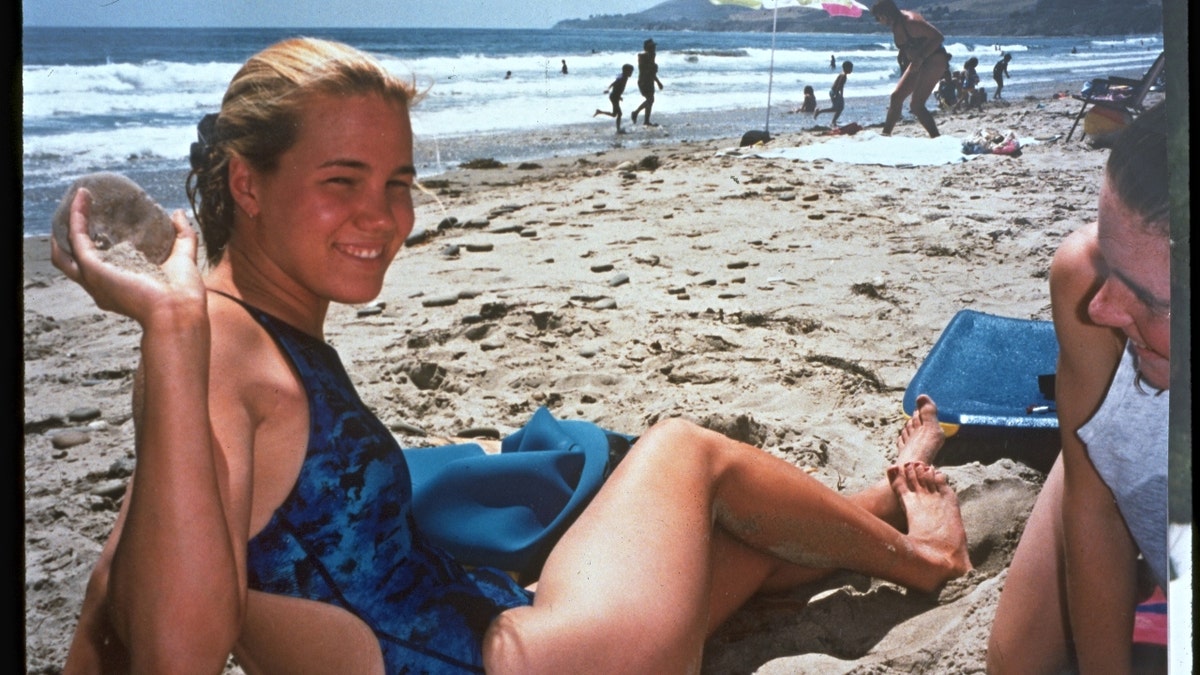
Kristin Smart went missing on May 25, 1996 while attending California Polytechnic State University, San Luis Obispo and has not been heard from since. ( Axel Koester/Sygma via Getty Images)
She was never seen again.
The state has said Flores killed Smart in his dorm room while he tried to rape her when they were both freshmen. The disappearance prompted a massive search.
CLICK HERE TO GET THE FOX NEWS APP
Dual juries were selected from a pool of more than 1,500 Monterey County residents to oversee each case separately but simultaneously. The trial has lasted months.








































